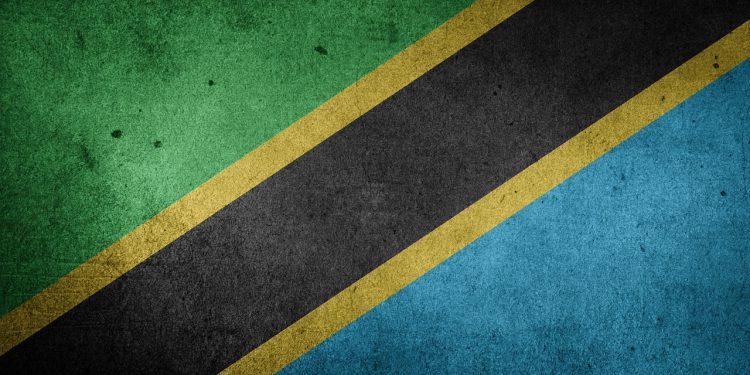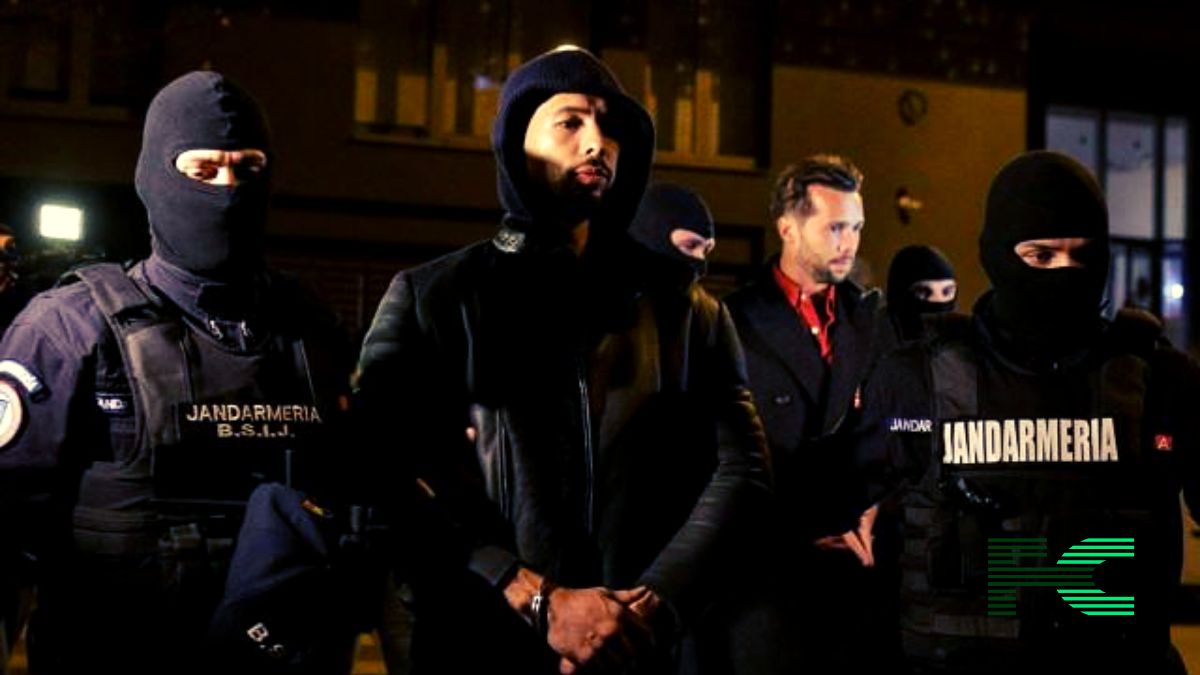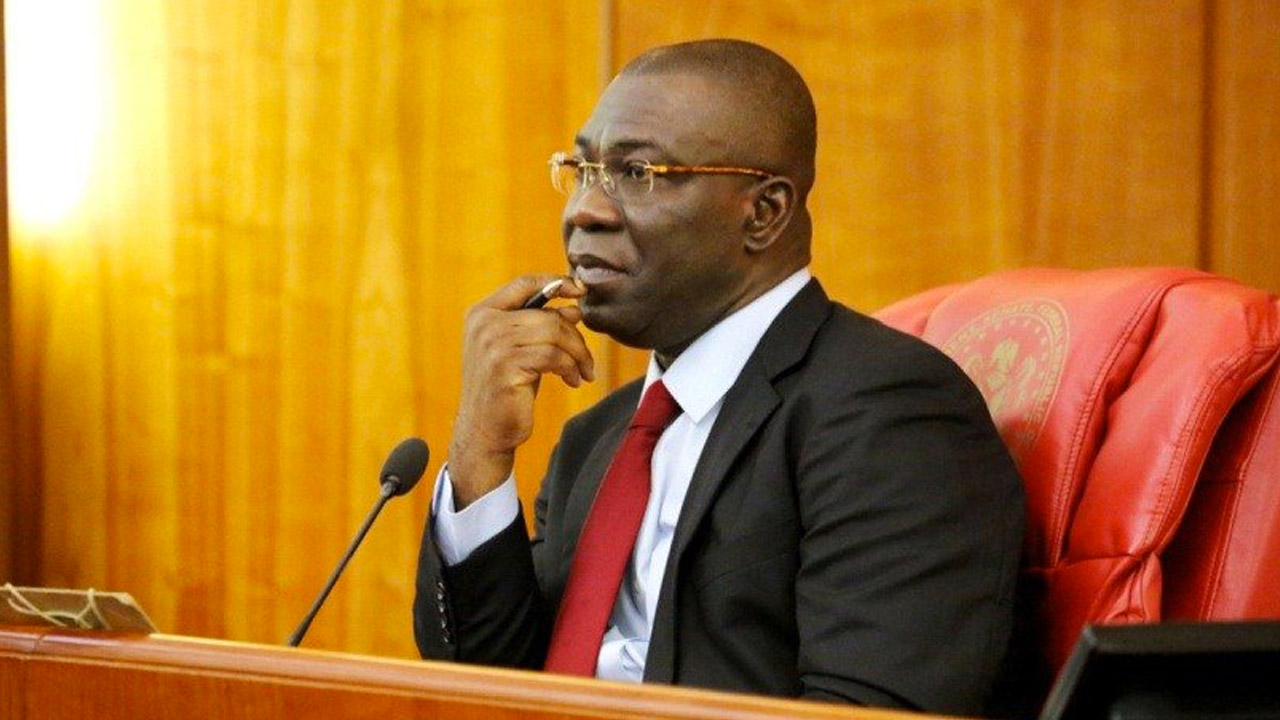Under mounting international and domestic pressure, Tanzanian President Samia Suluhu Hassan has launched an urgent investigation into the deadly violence that marred last month’s election, marking her first public acknowledgement of the killings that opposition groups say number over 1,000.
In an address to the parliament, Hassan offered condolences to bereaved families and called for a moment of silence, a stark departure from the government’s previous dismissals of opposition claims. “The government has taken the step of establishing an inquiry commission to investigate what happened, so that we may know the root cause of the problem,” she stated, without assigning blame for the bloodshed.

The announcement comes after the UN stated it believes hundreds were killed in protests sparked by the exclusion of leading opposition candidates. The government has long denied these figures and defended its security forces, even as it charged hundreds of young protesters with treason. In a conciliatory gesture, Hassan asked prosecutors to drop charges against those who “merely followed the crowd.”
Why It Matters
This “urgent” probe is a calculated response to a crisis that threatens to derail Tanzania’s stability. The president’s condolences are a significant, if belated, admission that something went terribly wrong. But the real test is whether this commission will be a genuine search for truth or a political tool to placate international observers.
With the opposition claiming a massacre and the government charging protesters with treason, the notion of “reconciliation” feels distant. The president’s plea to drop charges for some is a start, but it does little to address the core allegations of a systematic crackdown.
This investigation will be judged on one thing alone: whether it holds the security forces and government officials accountable, or if it becomes another report that gathers dust while the nation’s wounds remain open.

















